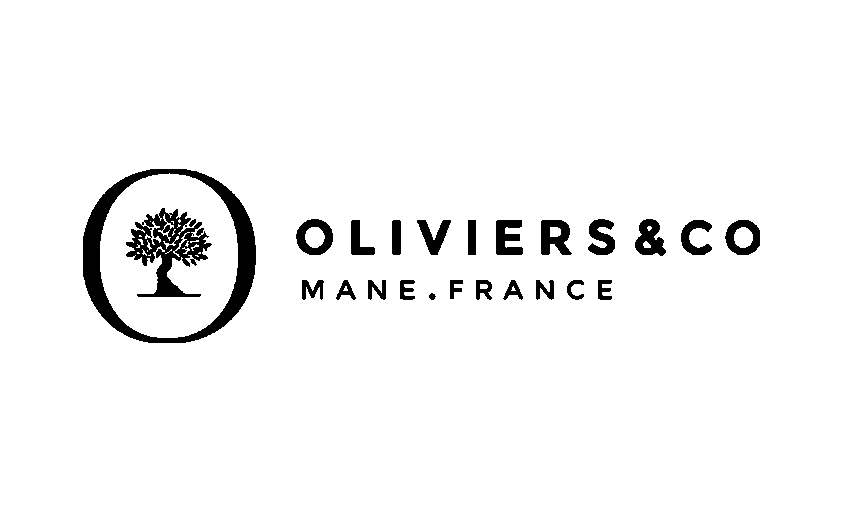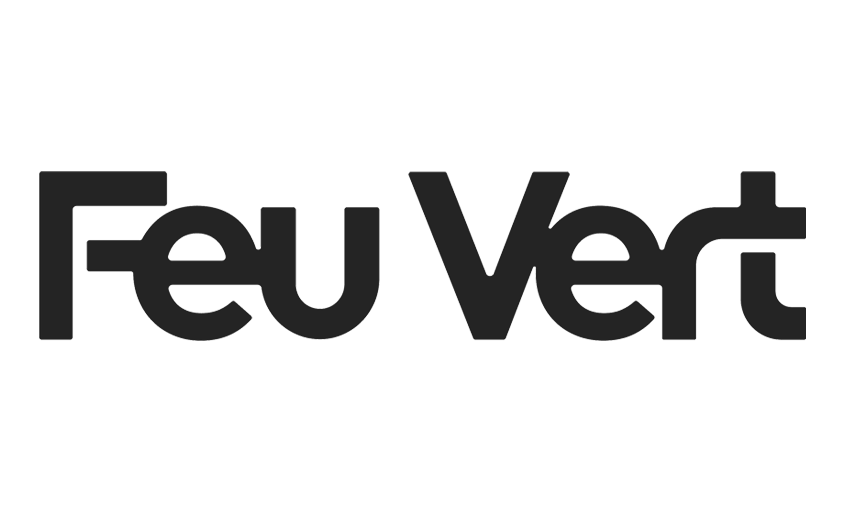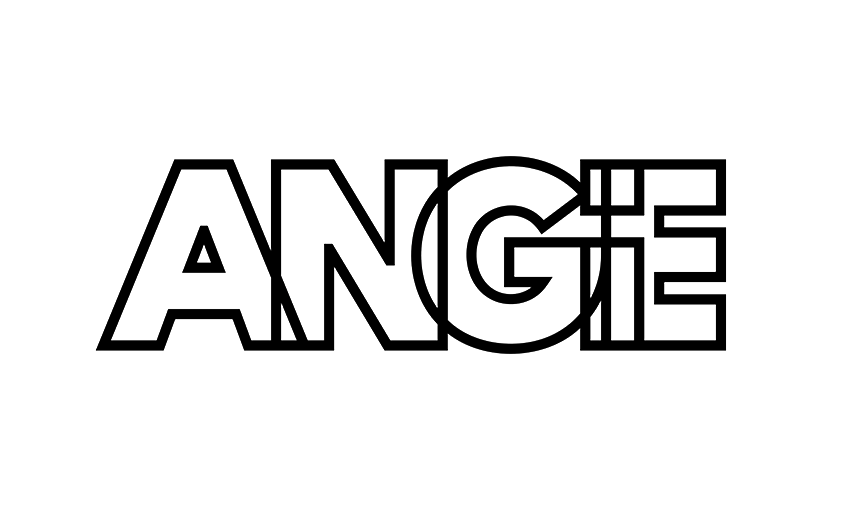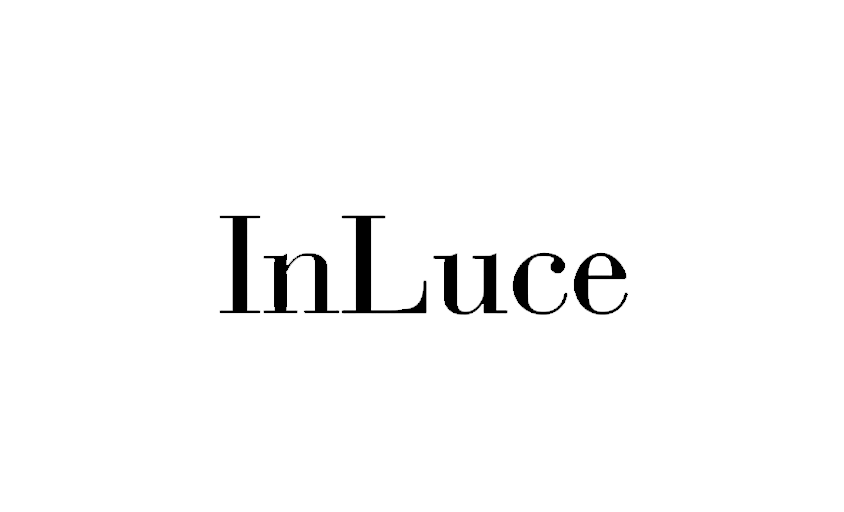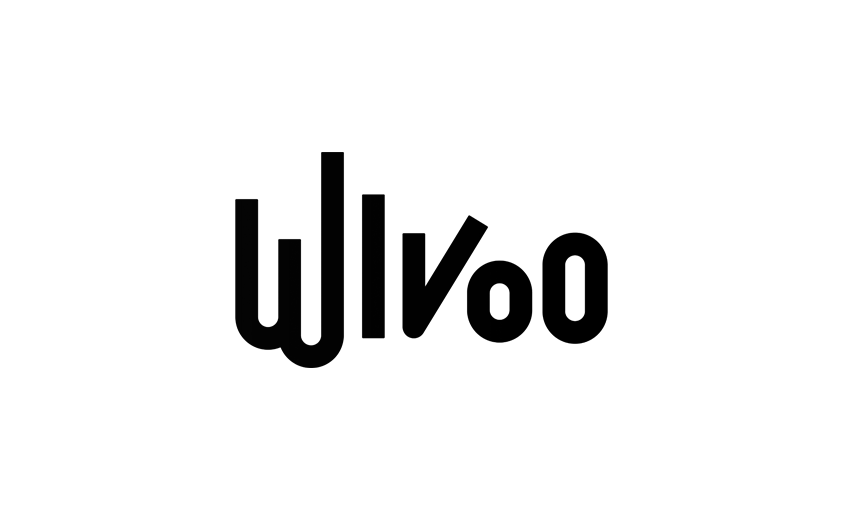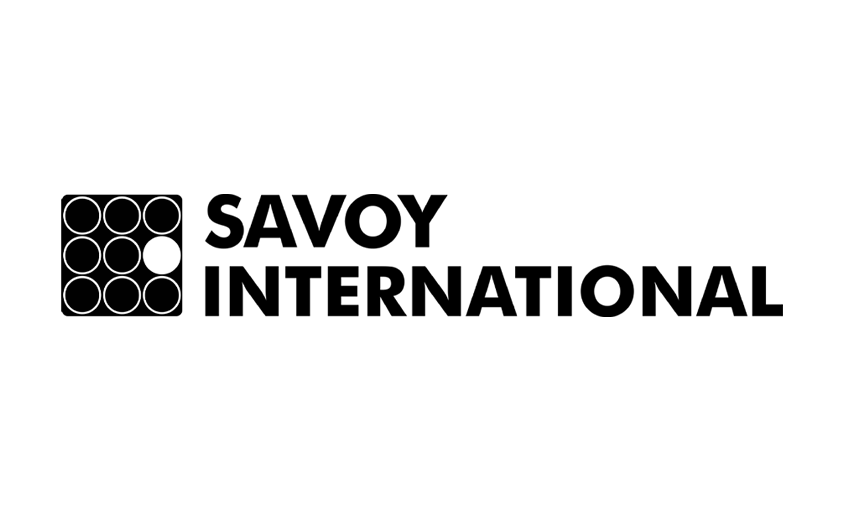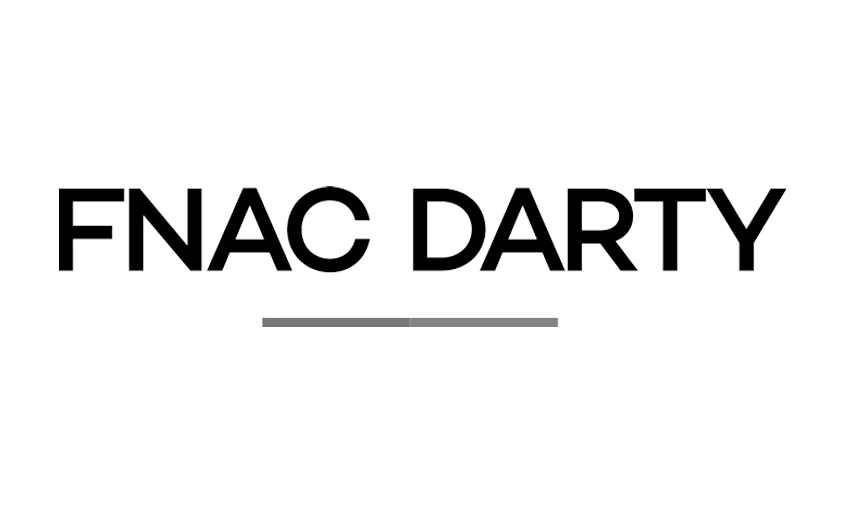What is a Business development?
In this article :
In the business world, not all opportunities come from a formal RFP or structured prospecting. Some arise through a connection, a trusted contact, or a targeted recommendation. This is known as business development, and at Rétines, we have a dedicated business developer program.
Far from being mere word-of-mouth, business development can become a strategic lever in its own right, provided it is properly structured (see its definition here). The concept is simple: an individual or entity connects a company with a potential client and receives a commission if this introduction results in a sale.
But how does it work in practice? What conditions need to be met? And when does business development become a true growth channel? This article outlines the principles, benefits, limitations, and legal rules
1. Definition of Business Development
Business development involves a tripartite relationship between:
- a business developer (independent, company, individual, etc.)
- a beneficiary company seeking to grow its business
- a potential client, introduced by the business developer
The business developer is neither an employee nor a commercial agent. They do not represent the company, sign contracts on its behalf, or participate in the commercial negotiation. Their role ends with the introduction. This can take the form of a direct contact (oral recommendation), sharing contact details, or a formal introduction.
In return, they receive a commission, which is only payable if the introduction actually leads to a sale or contract. This is known as a result-based obligation. If there is no conversion, there is no remuneration.
2. Business Developer or Commercial Agent: What’s the Difference?
A common mistake is to confuse a business developer with a commercial agent. However, their roles are clearly distinct:
- The business developer makes introductions without a mandate and without negotiating.
- The commercial agent is authorized to sell, negotiate, and conclude contracts on behalf of the company.
This distinction is important because it carries legal implications:
- The commercial agent is governed by the Commercial Code, with specific rights (such as compensation in case of contract termination).
- The business developer operates under a more flexible framework, but with less legal protection.
The nature of the role must therefore be clearly defined from the start to avoid misunderstandings or misclassification.
3. When to Use a Business Developer?
A business developer can be a valuable lever in several situations:
- Business launch: the company needs credibility and its first clients.
- Niche or closed markets: access is difficult without an introduction.
- High-end or corporate targets: a personal recommendation is more effective than a pitch.
- Geographic expansion: the business developer knows a local network that is otherwise hard to reach.
- Complex sales cycles: intermediaries are needed to trigger commercial conversations.
This model also allows dormant networks (former clients, past partners, freelancers…) to be activated and become referrers without heavy commitments. It differs from affiliation programs, commercial agents, or sales representatives.
4. How to Compensate a Business Developer?
The commission is usually calculated according to several models:
- Fixed commission: a set amount paid for each concluded deal.
- Revenue percentage: for example, 10% of the net contract value.
- Hybrid model: fixed + variable, or a progressive rate based on volume.
This should be clearly defined in the contract, including:
- the calculation base (net or gross, before or after discounts),
- the triggering conditions (upon signing, upon payment received, etc.),
- the validity period of the introduction (e.g., commission due if the sale occurs within 6 months),
- any exclusions (geographic areas, types of offers).
The business developer must issue an invoice, provided they have a legal status allowing them to do so.
5. Legal Framework for Business Development
French law does not specifically define business development in a single statute but recognizes it through case law and obligations law.
Key points to remember:
- A casual business developer can receive a commission without legal status, as long as the amount is below €265 gross/year (15% of the monthly minimum wage).
- Beyond that, the business developer must have a legal status: micro-entrepreneur, sole proprietorship, or company.
- A written contract is strongly recommended, even essential for significant deals.
Without a clear framework, there are real risks for both the company and the business developer: disputes over amounts owed, role reclassification, or social security (URSSAF) adjustments.
Conclusion
Business development is a simple yet effective lever for generating new commercial opportunities. It relies on trust, networks, and complementarity. For a company, it provides an agile way to activate new channels without a heavy sales structure. For the business developer, it is a way to monetize a contact network or deep market knowledge.
However, for the system to work, it must be structured: contract, compensation terms, and legal status. A successful introduction is a well-managed connection, within a clear framework, with balanced benefits for both parties.
Jérémy Carlo is the editorial director at Rétines, where he ensures the consistency and clarity of all content produced by the studio.
Our Clients
Let’s discuss
What we do for you at Rétines
Meticulous work, an organised project and fast delivery. And to achieve this, we mobilise the right resources in our teams at the right time.
01
Pre-production
Artistic and technical direction tailored to the project.
Relevant recommendations on content, form and resources.
02
Photo Shooting
Photos taken by our experienced photographers.
Production that’s controlled, efficient and tailored to the needs of the project, with nothing superfluous.
03
Retouching
Technique
Photographs magnified by our retouching team.
Post-production to meet the commercial challenges of the brief.




